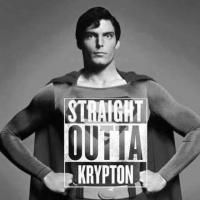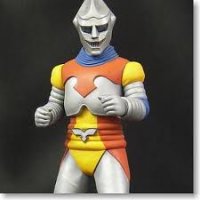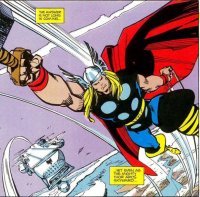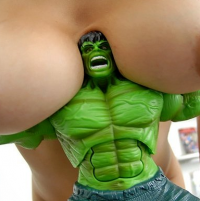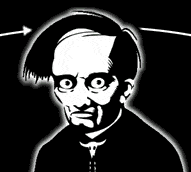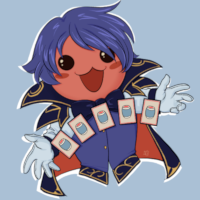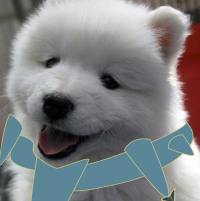Expressions of self through unchanging simulacra.
"Bishop to King 7. Checkmate, I think."
That was the shy and introverted Sebastian in the film, Blade Runner, stating a move in their running chess game to his boss, the far more self-assured Eldon Tyrell. Chess is a game about many things, but the most prominent among them are area control and asserting the dominance of position of one set of pieces over another. While any one piece can capture any other, there is a presence exerted by the mobility of the more valued pieces that makes their moves more personal to the typical player. That is a pawn. This is MY queen or MY bishop. Their moves are an outward expression of who I am as a player. They are simulacra of me, the person. The subtle message in the film, of course, is that Sebastian is being guided in his moves by an actual simulacrum of Tyrell, where the overarching question is whether a replicant is an object or a human and who is playing whom.
Dudes on a Map games are typically wargames. They're contests between nations/races/civilizations or representations of any of those to determine who is the best; who is preeminent; who is the ascendant civilization of the galaxy or the world or a corner of medieval Europe or a tableau of 64 squares. The apocryphal story of the creation of chess is that of a vizier tasked by his king to find a way of settling a dispute between kingdoms without bloodshed, on pain of his own death. Discovered sitting in the mountains carving small figures from soapstone and ivory, the king felt that his wisest vizier had failed; that there was no way of solving disputes without violence and his advisor had been reduced to idling the time away while he waited for his own execution. But maybe that guy had an idea...
It's often said that games are "idle pursuits" and that a society's choices of entertainment reflect who they are as a culture. Perhaps more accurately, each person's choice reflects who they are as an individual. How does their "idle time" (when not out being a highly productive member of society and contributing to the economy!) demonstrate their approach to life and relationships? What does moving pieces of plastic around on a sheet of cardboard reveal about you, if anything?
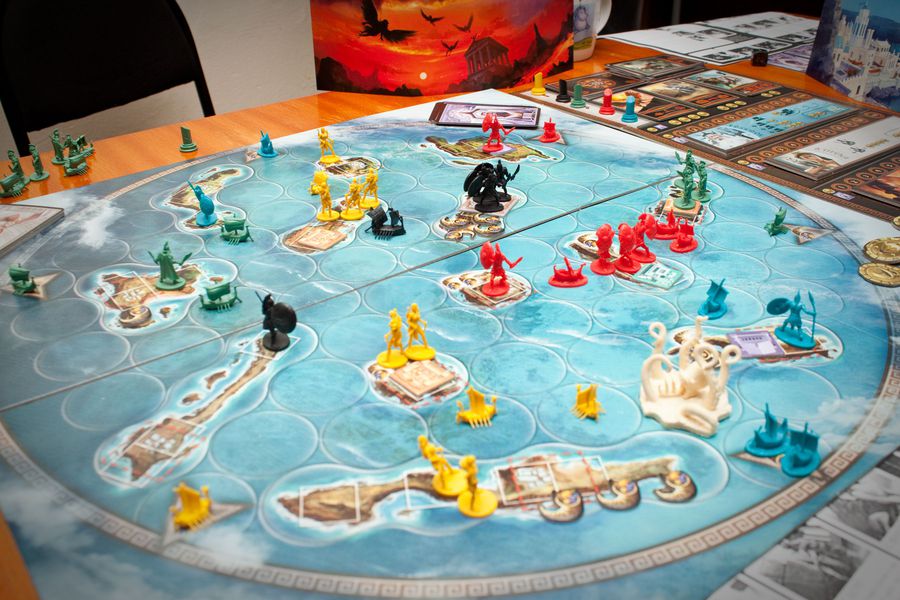
Does color play a role? I favor black or red, most of the time. But I'm a Marxist and a Liverpool fan, so those are the colors that I tend to think of as "me". My friends have commented on the ominous nature of the growing sea of black pieces on my side of the board in Twilight Imperium games. But we're programmed to think of black as a daunting color or situation (see: Darth Vader.) Is that an expression of inherent advantage? People won't think to mess with the angry red guy or the threatening black tide. But white is generally considered to have the advantage in chess, since it gets the first move (Wait. The white guy has been given a step ahead? That don't seem right...) So, whose advantage is being expressed here? I've spent a good chunk of my life as a political activist for peace and social justice. But ask me what I do in my off-time and I'll usually say: "I play a lot of wargames." My favorite faction in Runewars is, by far, the demon-serving Uthuk Y'llan. Playing DoaM games gives room for that kind of expression that other types of games don't. You won't generally see that kind of identification of players as aggressive or defensive in Tigris and Euphrates, although it may become obvious in their play that they are. Playing the Daqan in Runewars means sheltering your resources and preserving what you got while being the Uthuk means sacrifice of your own guys for the greater good, so who's the noble one now?! Yeah, yeah. You and your fancy yellow Eldar and your shiny blue Ultramarines are the "good guys" but red Chaos is a representation of change! Of the new! And I am an agent of chaos...
Your dudes are a visualization of what you're trying to accomplish in your game and how you're attempting to enjoy what you're doing. Certainly, there are many other types of games. DoaM is kind of a nebulous definition, anyway. Most people don't consider Avalon Hill's hex-and-counter classics to be dudes on a map. But they can be. Your dudes just happen to be almost identical squares of cardboard. You don't have a vision of your orcs standing in the fields of Gondor so much as a tactical readout of your Panzer division on the banks of the Volga. Block games are a closer approximation, but they're still more concerned with the numbers on their labels than the embodiment of their true identity (You? Or the creature?) Are you the mummy-priest of Kemet or a block pretending to be William Wallace?
Similarly, DoaM games tend to be wider in scope. It's all well and good to be a kill team of Blood Angels poking through some fancy styrofoam terrain, but in most DoaMs you're usually striding across globes or star systems or some larger field of play. Remember, this is a cultural statement, right? You're not skirmishing. You're inflicting long lasting transformation that will thunder down through the aeons! Or you could be just a pile of plastic, Roman numerals being pushed from Kamchatka to Yakutsk. Those are still dudes. They're just not the most expressive dudes and it's an open question as to whether they're embodying the concept any more than those squares of cardboard. There's a lot of nuance and room for plenty of argument.

But alongside that wider scope comes that spectre of violence. Almost without exception, DoaMs are wargames. Grand societal change is typically accompanied by bloody upheaval. Chess was supposedly developed as a way to avoid that violence. No one ever got injured playing a game of Cyclades (without a really serious table flipping incident) but there are still people that shy away from that type of game because they're not interested in conquest or head-to-head combat with friends or relatives. Certainly, more modern examples of this type of game have lost the abstraction that chess embodies and are often quite visceral. It also doesn't matter when you dress it up as a Hallmark card. Root is a DoaM and Root is a wargame. Most people recognizing the mass armament production of the Marquise, the fierce attacks of the Lords of the Forest, and the severed paw symbol of the Woodland Alliance have figured that out. But it still seems like an attempt to be ironical on the designer's part. Do people still get the same visceral feeling when imagining themselves leading an army of cute, green mice as they do when moving Bloodletters of Khorne around?
That moment in Blade Runner is demonstrative. The withdrawn Sebastian is doing what he's told by Roy, as he typically does, but you can hear in the tone of his voice that he's also exercising a decision-making power of his own in his challenge to Tyrell on the chess board. In that way, he's doing exactly what chess and other games like it are, at root (ahem), designed to do: play out a scenario that won't lead to a confrontation away from the cardboard. It's an expression of personality. It's an expression of ambition. It's a type of experience that other games often won't provide, unless one gets the same level of satisfaction at being the best art auctioneer or the best sheep farmer as one does when conquering the galaxy. Those effigies on the board are your people and you're going to lead them to their destiny. Even if it is just 50 victory points.
 Games
Games How to resolve AdBlock issue?
How to resolve AdBlock issue? 





















